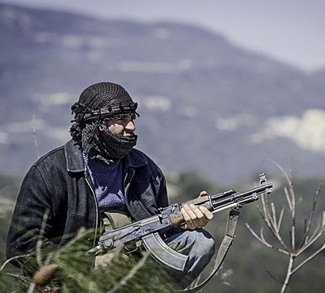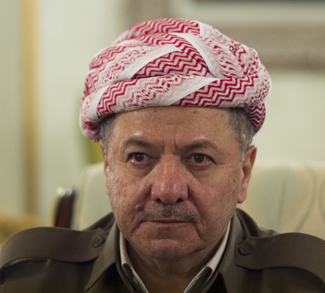A cursory look at any number of indicators is all it takes to see there are fundamental shifts occurring in the Middle East. There’s the quantitative growth of refugees, most of who are desperately trying to escape the Syrian civil war, water shortages and crop failure, and a steady rise of sectarian murders, kidnappings, and paramilitary militias across the region. There are also the more subjective changes, like the narrowing vocabulary of governments and religious leaders, as longstanding wholes (Iraq, for example) are whittled down into mutually antagonistic parts (Sunni, Shite, Kurd). Finally there’s the tectonic geopolitical shift of US disengagement, which could leave the region without the meddling influence of an outside power for the first time in centuries.
That these trends have unleashed a tidal wave of violence is obvious given the destruction in Syria and the dramatic gains of Islamic State (IS) in Iraq. Less obvious, however, and even more troubling is the fact that these trends are expected to continue and in some cases worsen in the coming decades.




